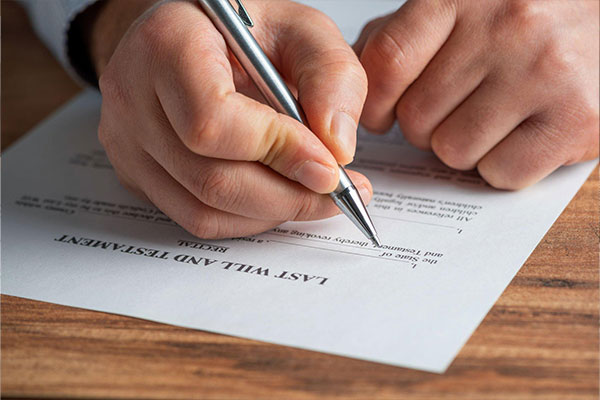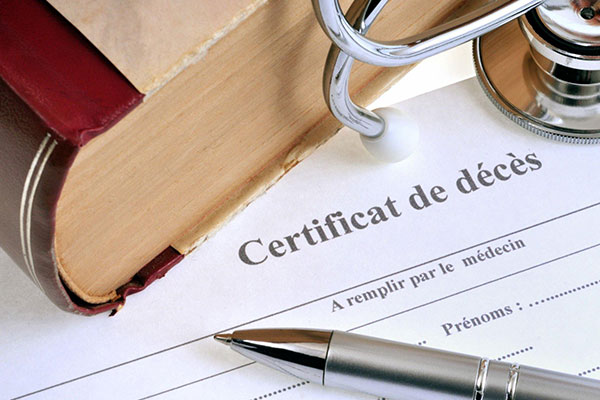After implementing a management system and undergoing a gruelling certification audit from an accredited certification body, you may be thinking about how long your certification will remain valid and what you will have to do once your certificate expires. This article will discuss the basics and explain everything related to ISO certification validity, its expiration and renewal.
Validity of ISO certification
A valid certificate implies that your management system complies with the chosen standard’s recommendations. Without a valid certificate, your management system has no authentication. The validity of the majority of the ISO certification lasts for three years. Once you reach the expiration date, your certificate expires and no longer applies to your company.
To maintain the validity of your certificate, you are required to conduct annual surveillance audits. A surveillance audit is similar to a certification audit that your organisation had to undergo to get its certificate. However, it is always less intense. You can get more information about internal audit on the ISO 9001 Internal audit page.

When we say it is less severe, we do not mean that it is not as relevant as a certification audit but is more focused. For example, in a certification audit, all your documents, processes, people and procedures outlined in the context of your organisation and the scope statement will be evaluated. In contrast, a surveillance audit will assess only specific parts of your management system.
Clearing surveillance audit is essential to maintaining the validity of your certificate, and poor performance could lead to a potential suspension of your certificate.
ISO certification renewal
Once your ISO 9001 certification expires, you can apply for a re-assessment by an external auditor, similar to your initial ISO certification audit. An accredited certification body will come to your organisation, assess your documents, evaluate your management systems, and give recommendations on improving your standard operating procedures.
Similar to your initial certification audit, the auditor will go through your documents, assess your management system and interview your process owners to determine if you are still compliant with the recommendations of your chosen standard. If major non-conformances are found, you will be granted a leeway period to modify your processes for a follow-up assessment.
Generally, the organisation is given 15 days to make the necessary refinements after submitting a report. If everything goes well, your certification will be renewed for another three years.

ISO certification extension
The three-year structure with annual surveillance audits has been created for a specific reason. This period is short enough to keep organisations on their toes and remain vigilant of their management systems. Had the certification been granted for a more extended period, the organisation and the certification body would have lost their tight grip on the management system’s compliance.
This is why there is no method to extend your ISO certification. During the pandemic, many organisations could not undergo an on-site audit and were given a leeway period or extension with conditions. However, this extension was only granted during the pandemic and is not currently available for organisations.
Now that you have understood how the validity of certification works, let us take ISO 9001 to elaborate upon the specificities you may need to consider.
ISO 9001 validity
Your ISO 9001 certificate remains valid if your Quality Management System (QMS) is adhering to the standard’s recommendations, you have clearly defined quality objectives and targets, good documentation and appropriate training for your personnel to interact with the QMS. Additionally, you must have a system in place to incorporate customer feedback.

ISO 9001 expiration
As mentioned above, your certificate remains valid for three years. However, you can fail a surveillance audit and get your ISO 9001 certificate suspended if you lose key personnel, make changes to the ISO 9001 standard, lack clear objectives or targets, have incomplete training or qualification records and fail to conduct internal audits or management reviews.
ISO 9001 extension
As mentioned above, a certificate is only extended in rare cases. We recommend you apply for a re-certification audit nearly three months before your expiration date, especially if you have multiple sites. Auditing a QMS is a tedious task, and the process becomes elongated if you have numerous sites and you do not want to be caught in a circumstance where you have a new client and an expired certificate.

How can I prepare for the re-certification audit?
If you conduct regular surveillance audits, you will be in good condition to appear for the re-certification audit. Still, there are specific steps that you can take to simplify the process, including planning, reviewing previous assessments, conducting internal system reviews, making appropriate changes and documenting them. On the ISO 9001 preparation page, we have provided complete explanations about the process of obtaining ISO 9001. You can refer to this page for more information.
Conclusion
An ISO certification remains valid for three years if an organisation is diligent in conducting its surveillance audits.








Users Comments
Get a
Quote